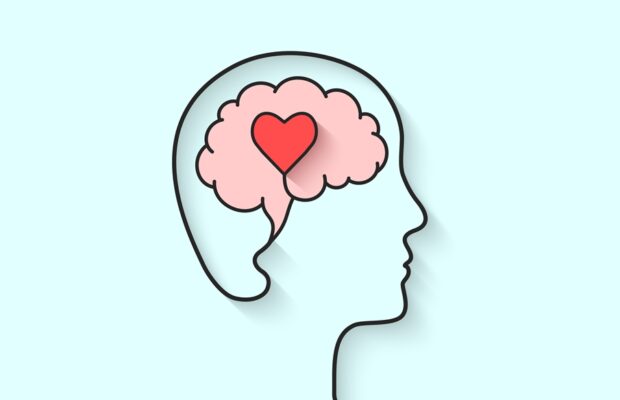With increase in mental struggles during COVID, these five mental strategies key for recovering mental health

During times of crisis, the spirit and determination of the people of the crisis are some of the most powerful aspects to initiate a successful recovery. Although, when the spirit and determination of people in crisis is tainted due to hopelessness, depression and other mentally-degrading emotions, it can be extremely difficult to get to that successful recovery.
During the COVID-19 pandemic, those mentally-degrading emotions are affecting many people and are leading to a skyrocketing of mental instability. According to the KFF, a medical organization, 56 percent of young adults 18-24 years of age in the United States have reported depressive and anxiety-produced symptoms to medical facilities in the United States. And, according to the CDC, 25.5 percent of adults who report depressive and anxiety-produced symptoms have had, over the course of the COVID-19 pandemic, suicidal tendencies.
To prevent these types of thoughts, there are mental ways to stay healthy. There are five recommended fields of mental health that people should focus on to stay mentally stable: doing things you enjoy, staying connected with others, keeping mentally active, maintaining mindfulness and recognizing control in life.
First, do things you enjoy. Within the chaotic nature of life, sometimes people forget to take a break and do something that is enjoyable for themselves. “Outlets” or opportunities for fun, creativity and relaxation are key components for enjoying the small moments between day-to-day life and activities. Drawing, journaling, listening to music, getting a breath of fresh air and playing with pets are all simple ways to clear the mind. Doing things you enjoy can relieve stress and increase pleasure in simpler aspects of life.
Second, staying connected with others. Isolation can cause major symptoms of hopelessness and depression, and people have certainly felt that over the course of the COVID-19 pandemic. Texting a friend, asking a family member how they’re doing and calling a colleague are all good ways to stay in touch.
And, if venting or talking about obstacles in life is needed, do it. Studies have shown that talking about negative emotions to others and just getting off one’s shoulders is a great start to solving problems and coping with daily struggles.
Third, keeping mentally active. This may sound obvious, but many people don’t do this enough. Challenging your brain through simple methods, such as reading a book or playing a word game, can help your brain function and stay healthy. By staying healthy, one is setting up their day to be more productive and successful than those who don’t keep their brains mentally happy and healthy. Developing a routine within your schedule on when you would, for example, read a book for thirty minutes, is simple and easy after a little repetition.
Fourth, maintaining mindfulness. What does it mean to be mindful? Well, as previously mentioned, to be mindful is to acknowledge the smaller aspects of life and acknowledge others from a different perspective. Some psychologists call these perspectives “filters.” Sometimes, people put on negative “filters,” which interpret everything in one way. For example, seeing everything in daily life and putting it into a negative spectrum. Or, what some psychologists call “black-and-white thinking,” which is a type of “filter” in which people see things as either good or bad, or, black and white, without a neutral gray in-between. These “filters” can be mentally adjusted by simply recognizing negative “filters” and consciously making the switch between perspectives. For example, instead of thinking that someone is rude, switch perspectives. Realize that they may be going through something that is causing them to simply have a bad day.
Fifth, recognizing control in life. This aspect relates back to the fourth aspect of maintaining mindfulness. One of these “filters,” as previously mentioned, is a “control filter.” For example, instead of thinking, “this pandemic is a nightmare,” focus on what you do have control over, such as a job or studying for a test. By dwelling on what can not be controlled, one is simply putting themselves in a negative mindset that there is no solution to.
Overall, by maintaining and improving doing things that are enjoyable, staying connected with others, keeping mentally active, maintaining mindfulness and recognizing control in life, mental instability should not be resolved, but somewhat improved. Because one can’t simply get rid of or resolve mental distress, one must cope and live with it in a healthy way.









You must be logged in to post a comment Login